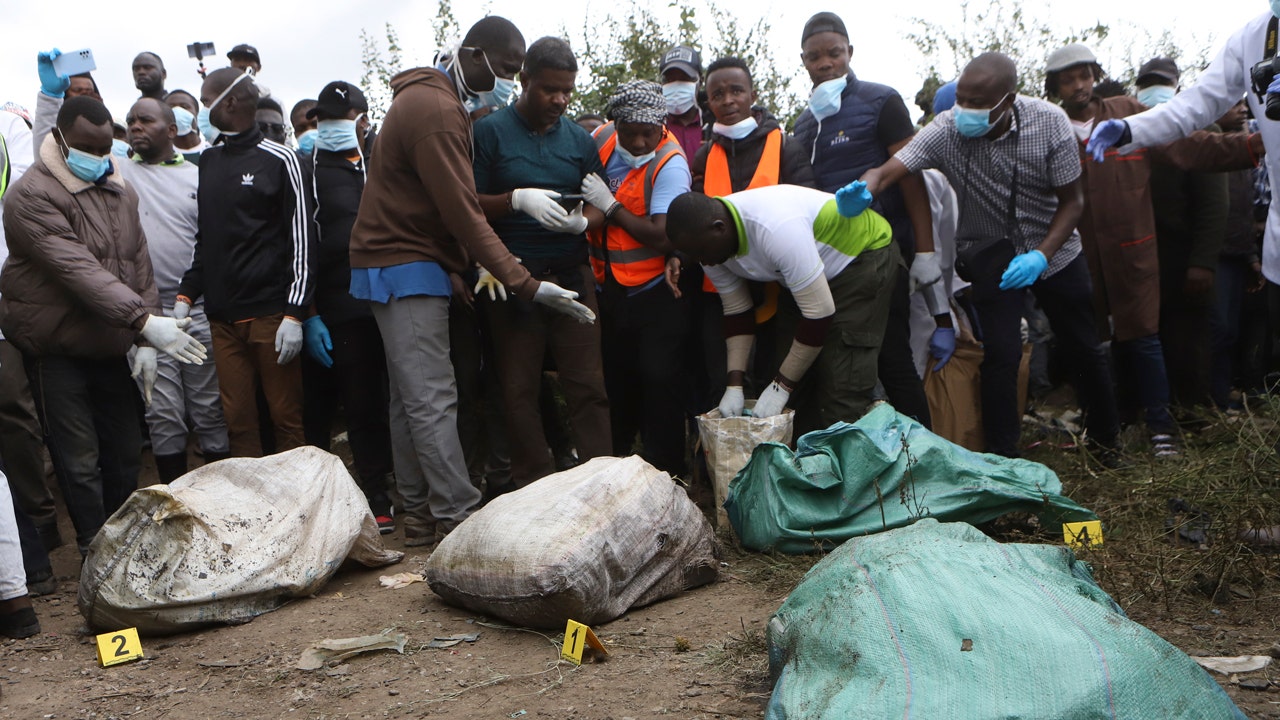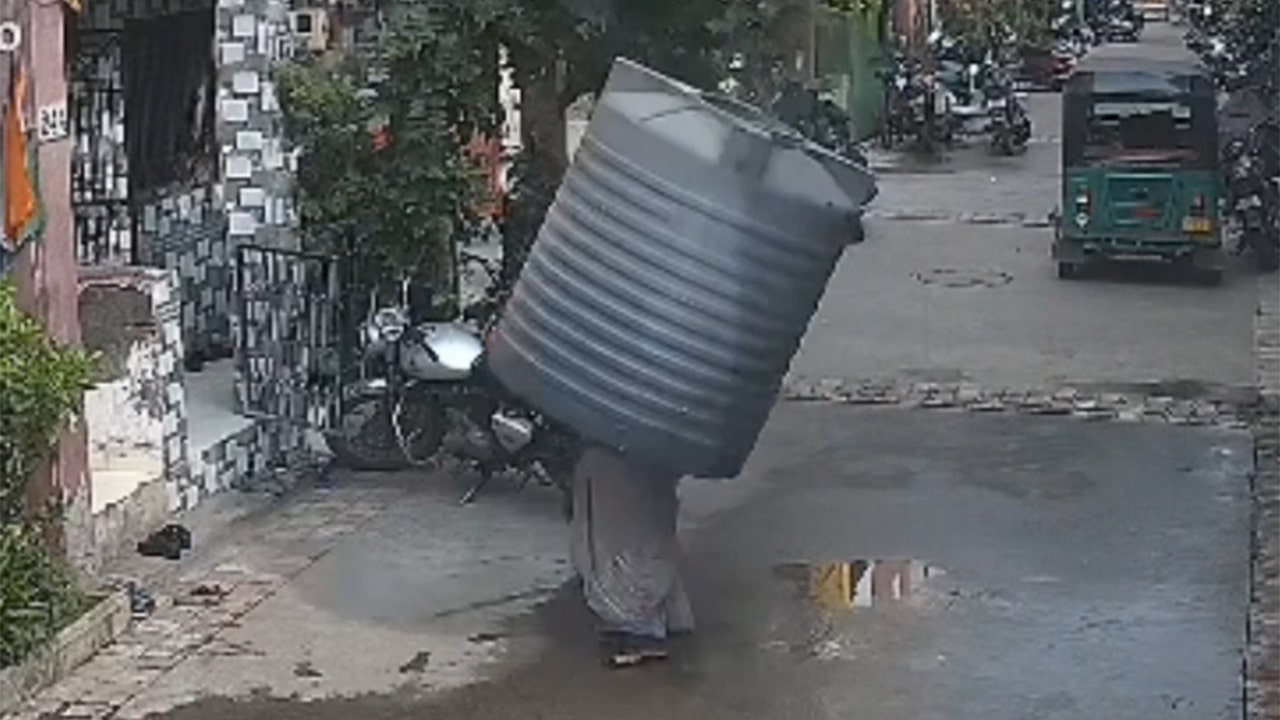Many women see a hysterectomy as the only option.
Some women sought the surgery to avoid menstruating in the fields, where workers sleep beneath tarps with no running water or toilets. Menstrual pads are expensive and hard to find, and there’s nowhere to dispose of them. Women often address their periods with cloth that they wash by hand.
Others saw the surgery as an alternative to routine gynecological care. To take a day off for a doctor’s visit, women must not only sacrifice income, but pay a fee to their employers.
Some women said they hoped the surgery would end their cramps and the pain of heavy, irregular periods. Others are falsely told by doctors that a hysterectomy is necessary.
It’s such a widespread problem that a 2019 government investigation found that, of about 82,000 female sugar-cane workers in Beed, roughly 20 percent had undergone hysterectomies.
In the five years since that report, nobody forced the industry to change.
Wage debt keeps workers in the fields.
Instead of receiving salaries or daily wages, Maharashtra sugar workers get an advance at the beginning of the season and pay it back through work.
But everyone agrees that it is essentially impossible to repay in one season. There’s typically no record-keeping. At the end of the harvest, contractors say the workers have not cut enough. They must return next season.
Women told us they would love to find less physically taxing jobs, but this cycle of repaying advances makes leaving almost impossible.
As one sugar cane cutter, Archana Ashok Chaure, told me: “Nobody chooses this life.”
Child marriage and underage labor are common.
Almost every woman I spoke to said she had married as a child, even though India bans child marriage.
They told me that they were married off to cut sugar cane alongside their husbands. Sugar-mill contractors generally hire couples, not individuals. That system, workers said, incentivizes families to marry their daughters off early.
Child labor is also widespread, according to workers and company reports. A New York Times photographer saw children working in the fields.
Sugar mills say the problem is out of their hands.
Sugar mills say they have no obligation to provide workers with services like toilets, running water or time off for medical care or pregnancy — all things that would not only improve life, but might reduce the number of hysterectomies.
The mill owners argue that they are not actually the employers, because they hire contractors to recruit, transport and pay the laborers. But these men, some of whom are hired simply because they have a vehicle, say they have no power to dictate working conditions or terms of employment.
Using contractors allows the mill owners to deny responsibility. We visited sugar mills and interviewed executives. They told us that they didn’t keep much data about field workers, or even know who they were.
Big Western brands are enmeshed in the system.
Coca-Cola said it buys sugar from Maharashtra, where these labor abuses are endemic. And a businessman who runs a sugar mill in Maharashtra for Dalmia Bharat Sugar said his mill supplies Coca-Cola. A new Coke factory is under construction in Maharashtra.
PepsiCo said that one of its largest franchisees also buys sugar in the state. The franchisee just opened its third manufacturing and bottling plant there.
Both soda companies have published codes of conduct prohibiting suppliers from using child and forced labor. In practice, though, sugar-mill executives told us that when representatives for big multinational companies visited, they seldom asked about labor conditions. And they rarely, if ever, visited the fields to see what was going on.
The mills’ employees, too, rarely go to the fields.
“No one from the Dalmia factory has ever visited us in the tents or the fields,” said Anita Bhaisahab Waghmare, a laborer in her 40s who has worked at farms supplying Dalmia all her life and said she had a hysterectomy that she now regrets.
Pepsi said it did not know about the abuses in Maharashtra until The Times investigated. Coke has known about some of these issues since at least 2019, when auditors it hired documented child labor and warned that there were signs of forced labor in its supply chain.






